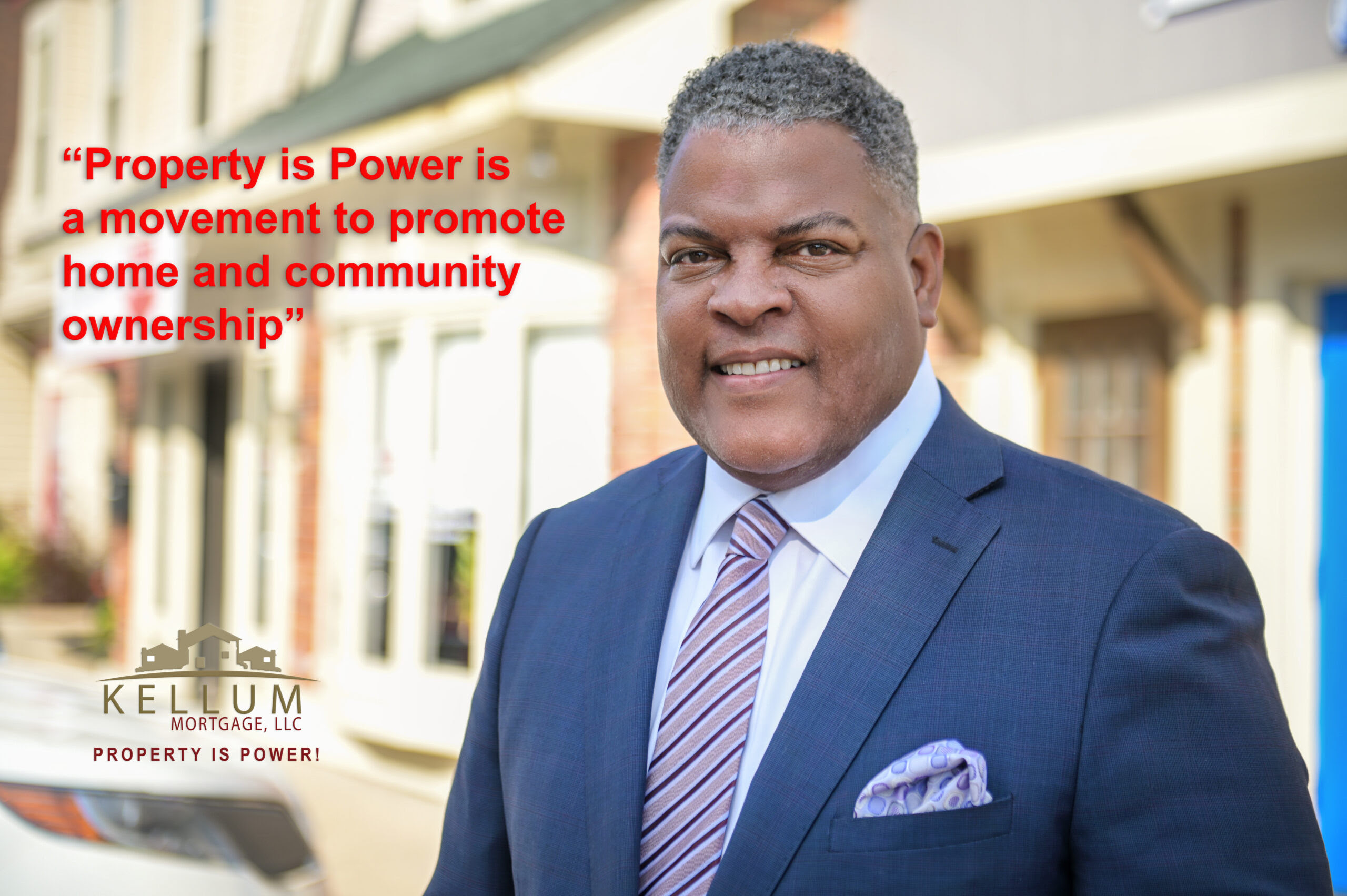The current housing market is being called a crisis for good reason. Home prices remain historically high; interest rates are elevated compared to the past decade and the number of available homes is near record lows. For the African American community, where the homeownership rate lags nearly 30 percentage points behind White households, this crisis carries a deeper and more urgent meaning. It not only makes it harder for Black families to buy homes, but it also threatens long-term wealth-building and generational stability. Understanding what’s happening and how to respond is critical.
The first challenge is affordability. In many cities, home prices have risen much faster than incomes. According to recent data, home values have gone up more than 40 percent since 2020 in some markets. At the same time, mortgage rates are averaging around 6.5–7 percent. For African American households, who on average earn less and have less generational wealth to draw from, this double burden means more families are being priced out of ownership altogether. Where past generations might have had a realistic chance at buying a starter home, many are now stuck renting indefinitely.
The second challenge is supply. The U.S. is short millions of homes, especially affordable ones. This shortage hits Black homebuyers hardest, since first-time buyers often rely on entry-level properties as their gateway to ownership. Instead of having multiple affordable options, many are competing against investors or higher-income buyers for the same limited homes. This pushes prices higher and keeps competition fierce.

The third challenge is credit and financing. While there have been positive innovations like the adoption of new credit scoring models that consider rent and utility payments, disparities remain. Black borrowers are still more likely to be denied mortgages than White borrowers with similar incomes and credit profiles. And even when approved, African American borrowers often face higher interest rates or fees, reducing the benefits of homeownership.
So what does this mean? It means the housing crisis is not just about high prices and low inventory; it’s about widening inequality. For the Black community, where homeownership has historically been the primary way to build wealth, being locked out of ownership today means continuing cycles of renting, higher housing costs, and less ability to pass wealth to the next generation. It also means that without intentional action, the racial homeownership gap could grow wider, not narrower.
Yet there are strategies to push forward, even in this challenging market. One key step is preparation. Strengthening credit, reducing high-interest debt, and saving aggressively for a down payment can put buyers in a stronger position when opportunities arise. Another is flexibility considering areas just outside of hot markets, or looking at smaller starter homes, condos, or multi-family properties as an entry point. Programs that offer down payment assistance, first-time buyer incentives, or special financing for underserved communities are also worth exploring.
Education is just as important. Understanding how mortgage rates affect monthly payments, knowing the difference between fixed and adjustable-rate loans, and being able to compare lenders empowers buyers to make informed decisions. Working with professionals who are committed to advocating for Black homeownership mortgage brokers, realtors, and community organizations ensures that buyers are not just another number in the system.
The housing crisis is real, but so is the resilience of the African American community. By arming ourselves with knowledge, being strategic, and demanding fair access to financing, we can still find pathways to ownership even in difficult times. Property is Power, and while the current market makes the road harder, it does not make it impossible. The key is preparation, persistence, and protecting every opportunity to turn property into legacy.
(Dr. Anthony O. Kellum – CEO of Kellum Mortgage, LLC
Homeownership Advocate, Speaker, Author
NMLS # 1267030 NMLS #1567030
O: 313-263-6388 W: www.KelluMortgage.com.)
Property is Power! is a movement to promote home and community ownership. Studies indicate
homeownership leads to higher graduation rates, family wealth, and community involvement.

